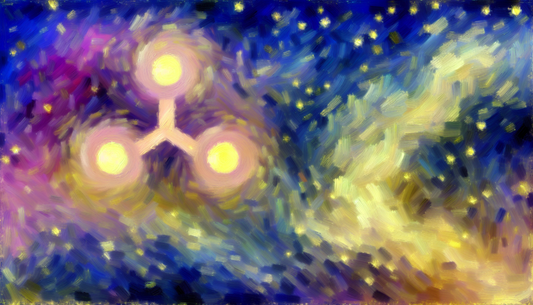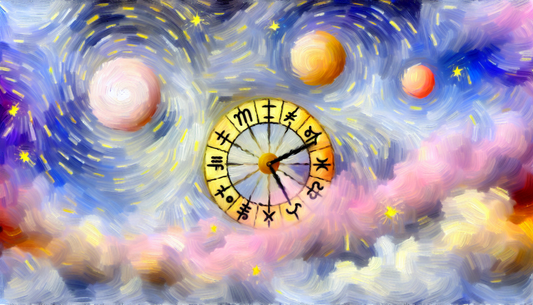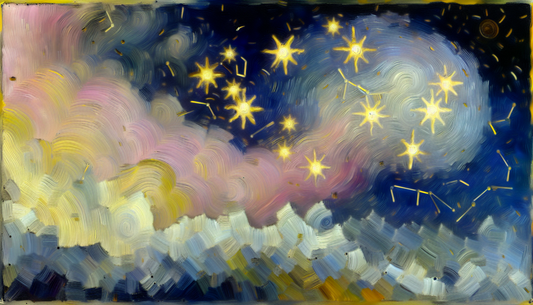In the realm of astrology, there’s often a dichotomy between belief and skepticism. Many practitioners unequivocally accept astrological assertions, while others remain unconvinced. Promoting critical thinking in this field is crucial for a more profound understanding and engagement. By encouraging analytical thinking, astrologers and enthusiasts alike can discern astrological practices with both open hearts and discerning minds.
The Importance of Critical Thinking in Astrology
Astrology is a tapestry woven with traditions, symbols, and interpretations. However, as with any interpretative science, there exists the potential for misinformation and misapplication. Critical thinking serves as a tool that aids us in navigating this complex landscape. It enables individuals to question preconceived notions, challenge misleading narratives, and separate fact from fiction.
The importance of critical thinking lies in its ability to foster intellectual independence. Rather than accepting astrological forecasts and principles at face value, a critical thinker actively seeks to understand the underlying mechanisms of these predictions. This approach can lead to a richer, more personalized experience with astrology, allowing individuals to connect their personal narratives with the celestial patterns observed in their charts.
Distinguishing Between Astrology and Pseudoscience

Astrology often finds itself tangled with pseudoscience, making it essential for practitioners and enthusiasts to discern the line that separates the two. While astrology has historical roots and cultural significance, pseudoscience typically lacks empirical support and is often based on anecdotal evidence.
To distinguish between the two, one must employ critical thinking. Ask questions such as: What evidence supports this claim? Is this interpretation based on logical reasoning? Are there replicable results that offer credibility? These questions will help reveal whether a belief is founded or merely a product of misunderstanding. By fostering an approach that values evidence and seeks understanding, one nurtures a more grounded relationship with astrology.
Embracing a Holistic Approach to Learning
Critical thinking isn't solely about skepticism; it’s also about open-minded exploration. In astrology, this can mean embracing different methodologies, schools of thought, and cultural interpretations. A holistic approach involves examining the various modalities within astrology, including Western, Vedic, and Chinese systems.
Through this exploration, one can see the shared philosophies and unique interpretations each system provides. This practice cultivates appreciation for astrology not just as a predictive tool, but as a comprehensive framework for understanding human experiences and cross-cultural insights.
Encouraging Dialogue and Inquiry

To foster critical thinking, the astrological community must encourage dialogue and inquiry. Spaces for discussion and debate allow individuals to voice their thoughts and experiences without fear of dismissal. It’s through these conversations that new perspectives emerge, challenging the status quo and prompting deeper exploration.
Creating forums for discussion - whether online or in-person - can lead to informative exchanges. Workshops, webinars, and even social media groups can serve as platforms for sharing insights and asking questions. Facilitating healthy discussions encourages individuals to reflect on their thoughts and experiences, ultimately fostering greater understanding and critical engagement with astrology.
The Role of Education in Promoting Critical Thinking
Investing in your astrological education is one of the most effective methods for promoting critical thinking within the practice. Many practitioners and enthusiasts benefit from structured learning opportunities that provide historical context, theoretical insights, and practical applications. Courses, books, and reputable online resources can dispel myths and deepen understanding.
Educators play a central role in nurturing critical thinking by challenging their students to question norms and engage with material critically. Encouraging students to examine their biases, reflect on their learning processes, and apply analytical skills are invaluable practices that can help them grow as astrologers and individuals.
Conclusion: A Call for Thoughtful Engagement
In closing, the journey through astrology can be both enriching and complex. By promoting critical thinking within astrological practices, we can ensure a more meaningful connection with the cosmos and one another. This endeavor requires a balanced approach of open inquiry, rigorous examination, and reflective thought.
As we navigate this celestial tapestry, let us embrace a thoughtful engagement that enriches our understanding while honoring the depth and nuance of astrology. By doing so, we contribute not only to our personal journeys but also to the collective wisdom shared within the astrological community.















